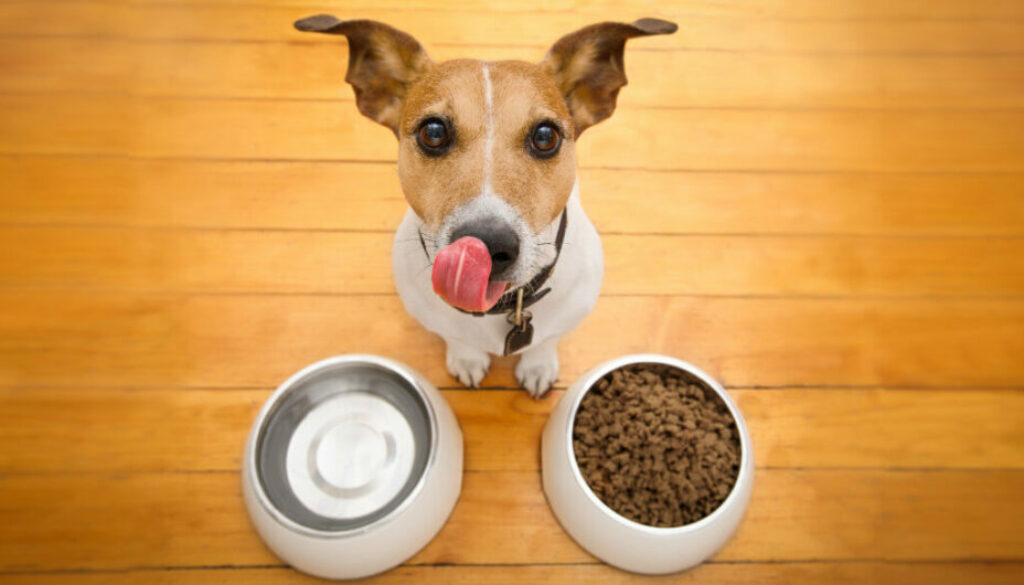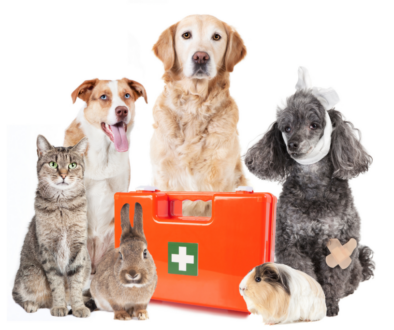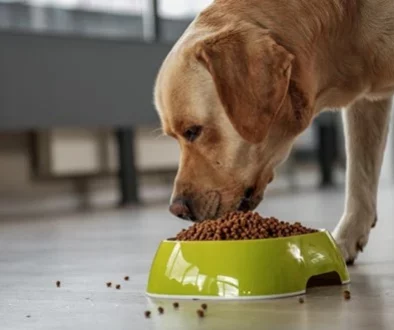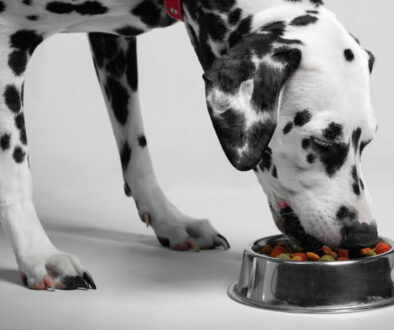Unlocking the Secrets to Pet Nutrition
Pet nutrition is a critical aspect of responsible pet ownership. A well-balanced diet plays a vital role in maintaining your four-legged friend’s health, happiness, and longevity. Just like humans, pets require essential nutrients to thrive, and providing them with proper nutrition is an integral part of their overall care.
In this comprehensive guide to pet nutrition, we will explore the importance of a balanced diet, discuss the key nutrients that pets require, and provide you with practical tips to ensure that your furry friends receive the best nutrition possible. So, let’s dive right in and uncover the secrets to pet nutrition.
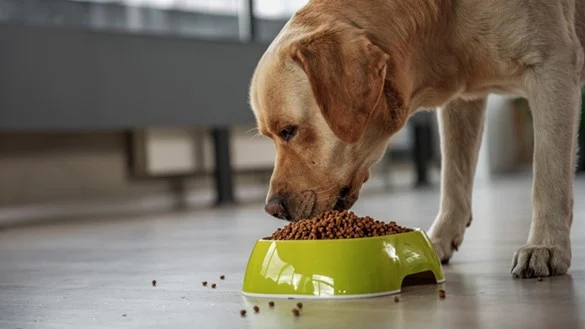
Why is Pet Nutrition Important?
Proper pet nutrition is essential and has a profound impact on your fur baby’s overall health and well-being. Here are a few reasons why pet nutrition matters:
- Strong Immune System: A balanced diet comprising the right nutrients helps strengthen your pet’s immune system, making them less susceptible to diseases and infections, and promoting faster recovery.
- Healthy Weight Management: Feeding your pet a nutritious diet enables them to maintain a healthy weight. Just like in humans, obesity in pets can lead to numerous health issues that may reduce their quality of life and even shorten their lifespan.
- Enhanced Energy Levels: High-quality pet nutrition ensures that your furry pal has the energy they need to remain active, engage in playtime, and enjoy daily walks or exercise.
- Improved Digestive Health: A well-balanced diet promotes healthy digestion, reducing the chances of gastrointestinal problems and improving nutrient absorption.
- Positive Behavioral Impact: A proper diet can positively influence your pet’s behavior, promoting a calm and content disposition.
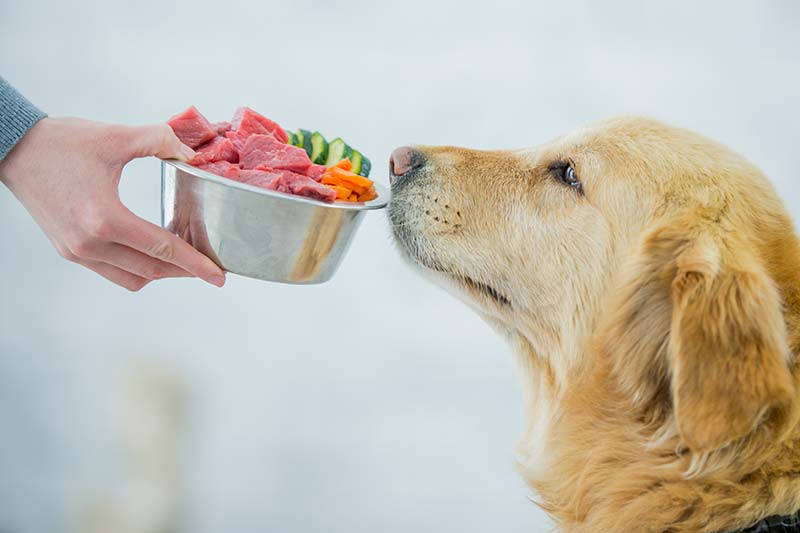
Key Nutrients for Pet Nutrition
To provide your pet with optimal nutrition, it is important to understand the key nutrients they require. Here are some essential nutrients for pets:
- Protein: Protein is essential for your pet’s overall growth, development, and maintenance of lean muscle mass. Good sources include lean meats, fish, eggs, and legumes.
- Carbohydrates: Carbohydrates provide energy and fiber, aiding digestion and maintaining healthy blood sugar levels. Opt for whole grains, fruits, and vegetables to supply your pet with beneficial carbohydrates.
- Fats: Healthy fats are important for providing energy, maintaining healthy skin and coat, and supporting various body functions. Sources of healthy fats include fish oil, flaxseed, and coconut oil.
- Vitamins and Minerals: A well-rounded pet diet should include a variety of fruits and vegetables to provide essential vitamins and minerals. These nutrients support immune health, improve vitality, and help fight against free radicals.
- Water: Adequate hydration is crucial for your pet’s overall well-being. Ensure that fresh, clean water is readily available at all times.
Tips for Providing Optimal Pet Nutrition
Now that you understand the importance of pet nutrition and the key nutrients required, let’s explore some practical tips to ensure your furry friends receive optimal nutrition:
- Consult Your Veterinarian: Each pet is unique, and their nutritional needs may vary. Consult your veterinarian to understand the specific dietary requirements of your pet based on factors such as age, breed, size, and any existing health conditions.
- Choose High-Quality Commercial Pet Food: Look for pet food that meets the nutritional guidelines set by reputable animal welfare organizations. Read the labels carefully, ensuring they contain high-quality protein sources and avoid artificial additives.
- Home-Cooked Meals: If you choose to prepare home-cooked meals for your pet, research thoroughly and consult your veterinarian or a veterinary nutritionist to ensure that the meals meet all the necessary nutritional requirements.
- Portion Control: Overfeeding can lead to obesity and other health issues. Follow the feeding guidelines provided on the pet food packaging and adjust portion sizes based on your pet’s weight, activity level, and individual needs.
- Treats in Moderation: Treats are an excellent way to show your pet love, but they should be given in moderation to prevent excess calorie intake. Look for healthy treat options or consider making your own using pet-friendly recipes.
- Variety is Key: Offer a variety of high-quality proteins, such as chicken, beef, fish, and even plant-based options, to ensure that your pet receives a range of essential nutrients.
- Slow Transition: When changing your pet’s diet, do so gradually over a span of a few days to avoid digestive upset. Mix the new food with the old food, gradually increasing the proportion of the new food until the transition is complete.
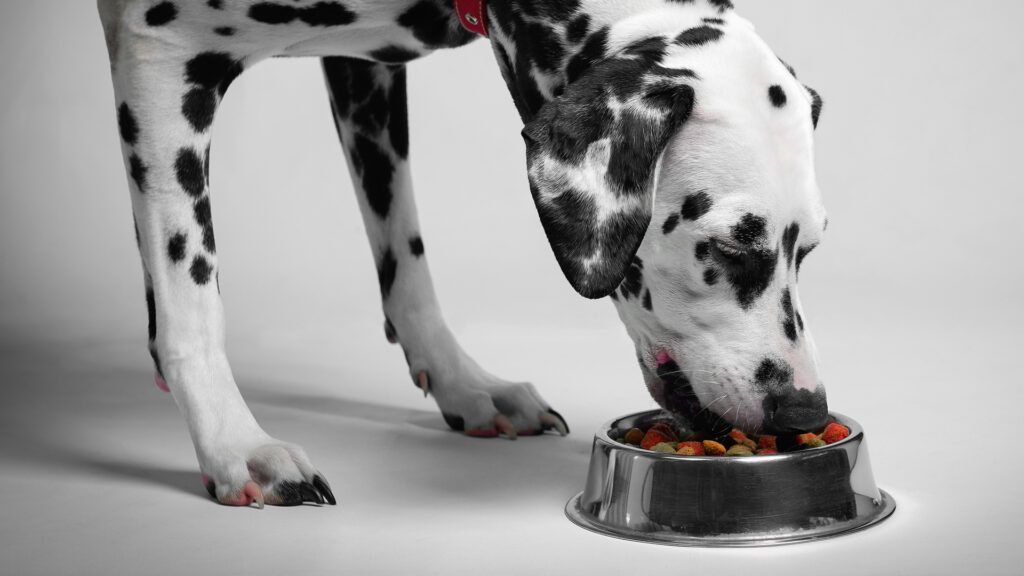
Frequently Asked Questions about Pet Nutrition
Are homemade diets better for my pet?
While homemade diets can be a good option, it is essential to ensure they are nutritionally balanced. Consult with professionals to create a homemade diet that meets all your pet’s nutritional needs.
Can pets be vegetarian or vegan?
While dogs are omnivorous and can adapt to a vegetarian or vegan diet if correctly planned, cats are obligate carnivores and require specific nutrients present only in animal-based proteins. Consult your veterinarian before considering a vegetarian or vegan diet for your pet.
Should I give my pet supplements?
Supplements should only be given under veterinary guidance. A balanced and complete diet should provide your pet with all the necessary nutrients. Excessive supplementation can be harmful.
How can I tell if my pet is getting the right nutrition?
Observing your pet’s overall health and behavior is key to determining if they are getting the right nutrition. Look for signs of a shiny coat, healthy skin, and good energy levels. Also, monitor their weight to ensure they are neither underweight nor overweight. Regular check-ups with your veterinarian can help assess if your pet’s nutritional needs are being met.
Can I feed my pet human food as a part of their diet?
While some human foods can be safe for pets, it is important to be cautious. Certain foods can be toxic or harmful to animals. Consult with your veterinarian before introducing any human food into your pet’s diet. Additionally, remember that human food often contains excess salt, sugar, or unhealthy fats, which may not be suitable for your pet’s nutritional needs.
Does the age of my pet affect their nutritional requirements?
Yes, different life stages of pets have varying nutritional requirements. Puppies and kittens, for example, require a diet with higher levels of protein and calories for growth. Senior pets may benefit from specific nutrients to support joint health and manage conditions associated with aging. It is important to consult with your veterinarian to ensure that your pet receives the appropriate diet for their age and life stage.
Conclusion
A well-balanced and nutritious diet is a cornerstone of your pet’s overall health and well-being. By understanding the importance of pet nutrition, providing a diverse range of essential nutrients, and following practical tips, you can ensure that your furry friends lead healthy, happy lives by your side. Remember, their health is in your hands, so feed them right and cherish the precious moments you share together.
Now that you are armed with knowledge about pet nutrition, it’s time to apply these principles and provide your fur babies with the best possible care. Here’s to the healthiest and happiest pets.
Also Read:
Pet Care Tips for Cats for Beginners
Pet Care Tips for Dogs for Beginners
